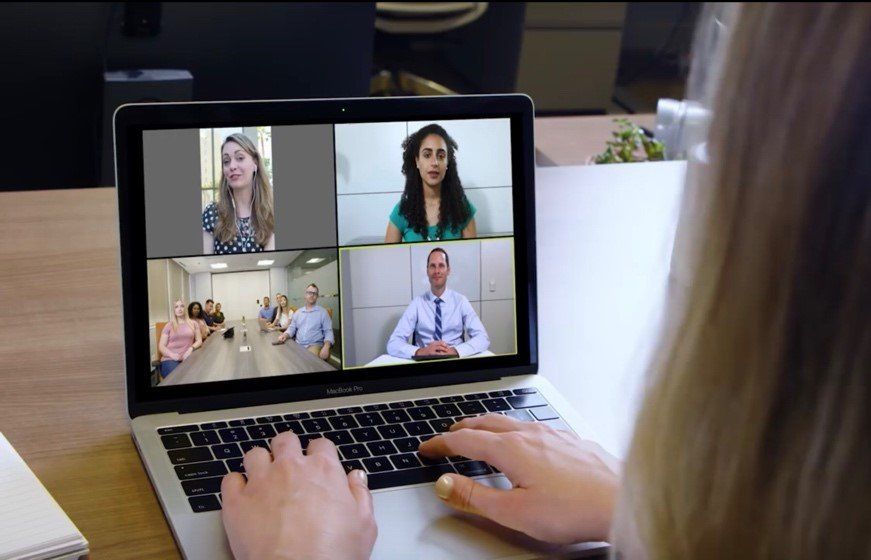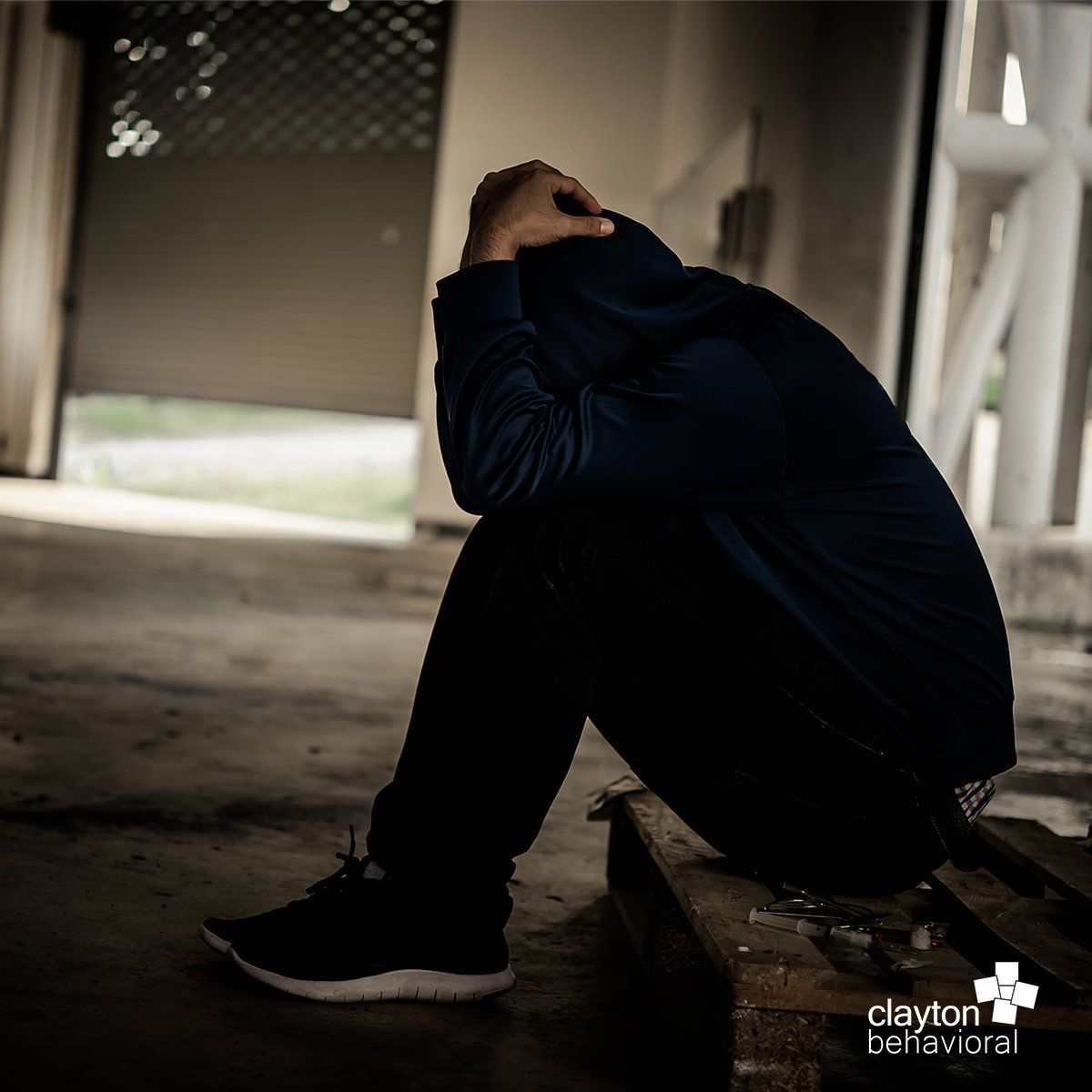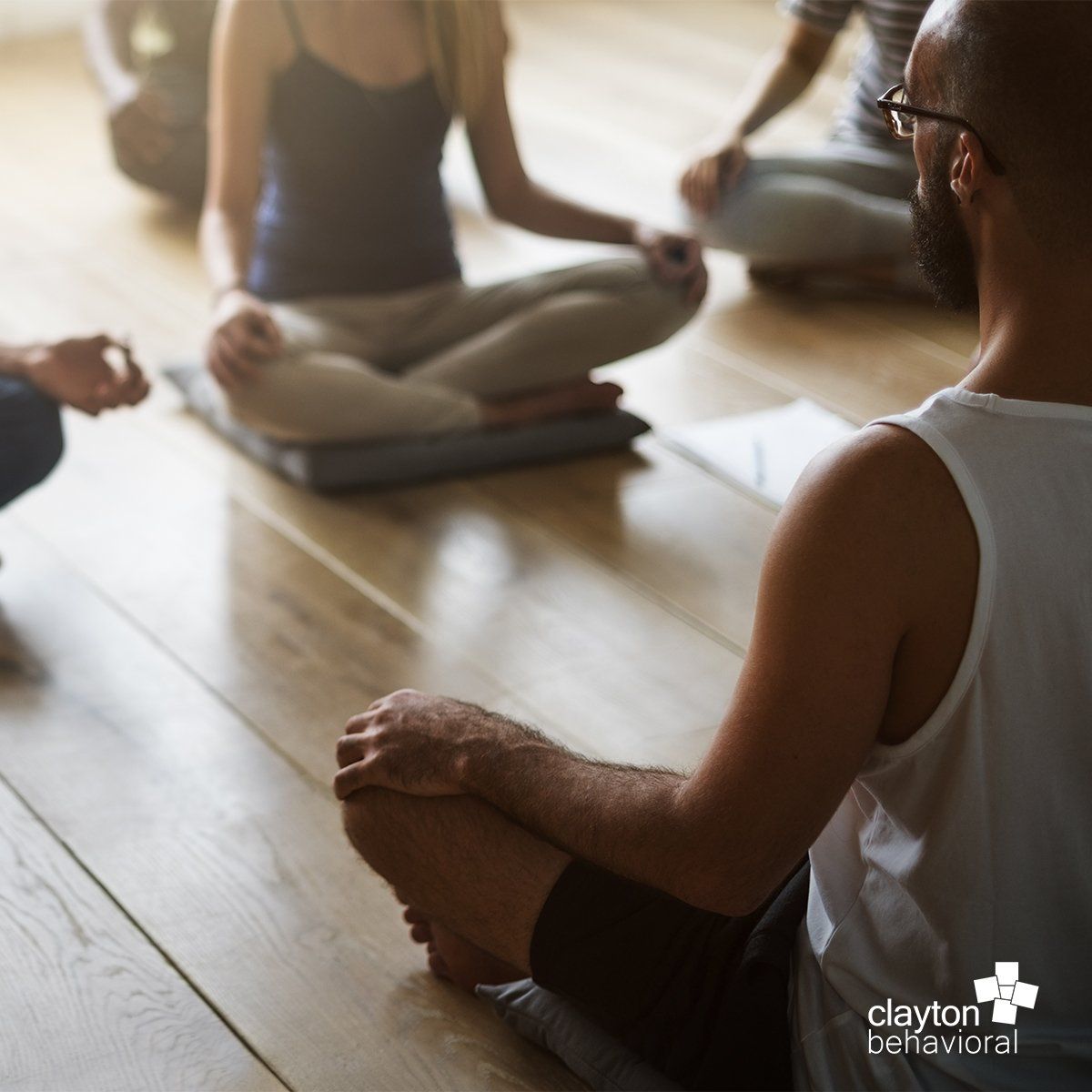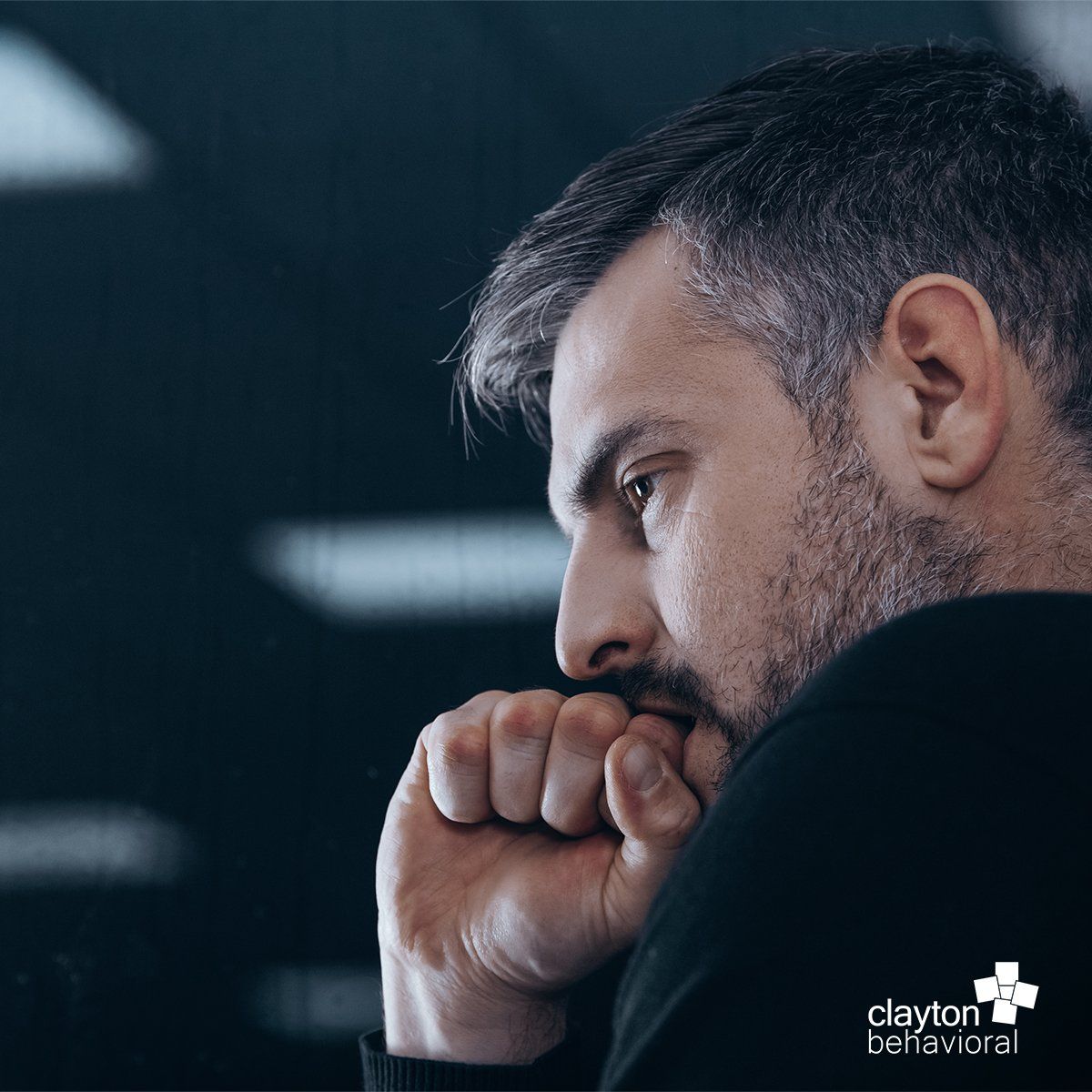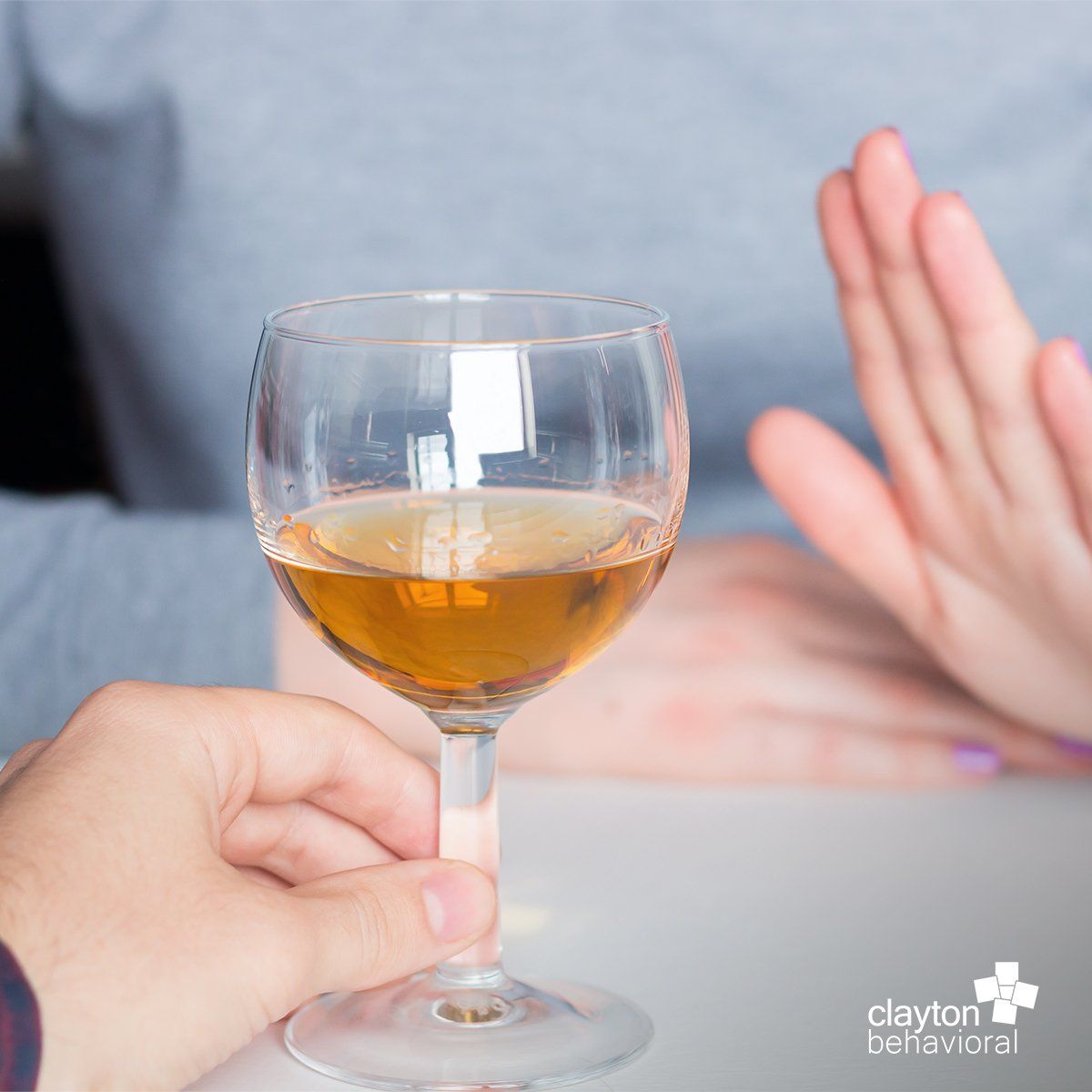What makes us happy?

It's a question we all face in our lives: what does it mean to be happy, and how can we reach happiness? Such a simple question turns out to have an elusive answer.
For more than 7 decades, researchers at Harvard University have been trying to answer this question. To do so, they have been following 268 men who entered college in the late 1930s through war, career, marriage and divorce, parenthood and grandparenthood, and old age. The project (managed by psychiatrist George Vaillant for the last 42 years) is most certainly one of the longest-running longitudinal studies of mental and physical well-being in history. Begun in 1937 as a study of healthy, well-adjusted Harvard sophomores (all male), it has followed its subjects for more than 70 years trying to measure their levels of happiness and find its correlates. Such wealth of data provides a unique view into how and why some people live happy lives while others don't.
Interestingly, it is not how much or how little trouble people encounter in life, but rather precisely how they respond to that trouble that predicts happiness. We all face adversity, and happy people certainly have their share of it. What makes a difference is that happy people develop coping skills that allow them to minimize the toll adversity takes on their lives. Having mature coping skills is an essential component of being happy. Additionally, happy octogenarians tend to be educated and enjoy a life of the mind, are in stable, long-term marriages, don't smoke, drink minimally, exercise, and keep a healthy weight. Another main contributor to happiness was warm relationships. “It is social aptitude,” writes Vaillant, “not intellectual brilliance or parental social class, that leads to successful aging.” For Vaillant, the main finding of the Harvard study is that "the only thing that really matters in life are your relationships to other people.”
Some call the Buddha the first scientific researcher on happiness. The main goal of buddhism is, after all, simply to remove suffering. His teachings focus on how desires (wants) and attachments are at the root of human suffering. Learning how to skillfully remove them from our lives is the path to enlightment and happiness. It was the Buddha 2,500 years ago who first articulated the notion that it is not what happens to us, but how our minds handle it, that makes the difference between happiness and unhappiness. Summarizing this in one sentence, John Milton wrote in Paradise Lost: “The mind is its own place, and in itself can make a heaven of hell, a hell of heaven....”.
According to the Buddha, dwelling in the past often leads to depression. Worrying about the future makes us anxious. Living in the present (being mindful) is therefore key. The idea of mindfulness is not a religious or even a spiritual concept. It is strictly cognitive.
Psychologist Matt Killingsworth built an app, Track Your Happiness, that lets people report their feelings in real time. His research also supports the key role that mindfulness plays in happiness: we're often happiest when we're lost in the moment. The more our mind wanders, the less happy we are. You can download the app at www .trackyourhappiness.org.
Results from the Harvard study and of many others converge on the importance of building relationships with others as an essential component of happiness. So, how can we be happy? Healthy habits, being mindful, enjoying the moment, and giving and helping others are all part of the answer.
Try this today: Want what you have and don't want what you don't have.

